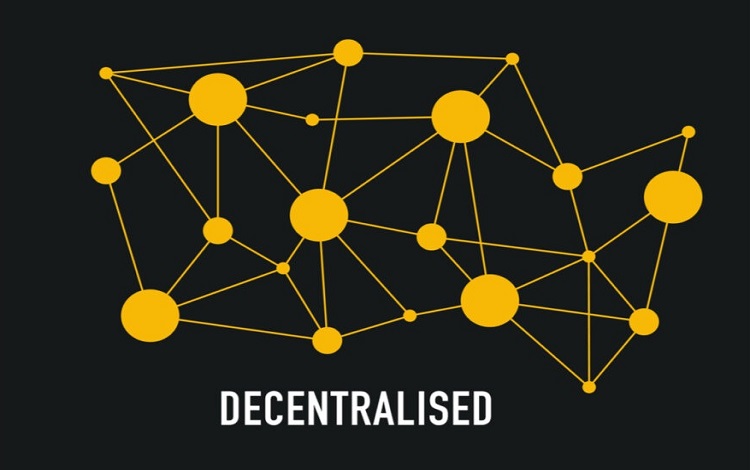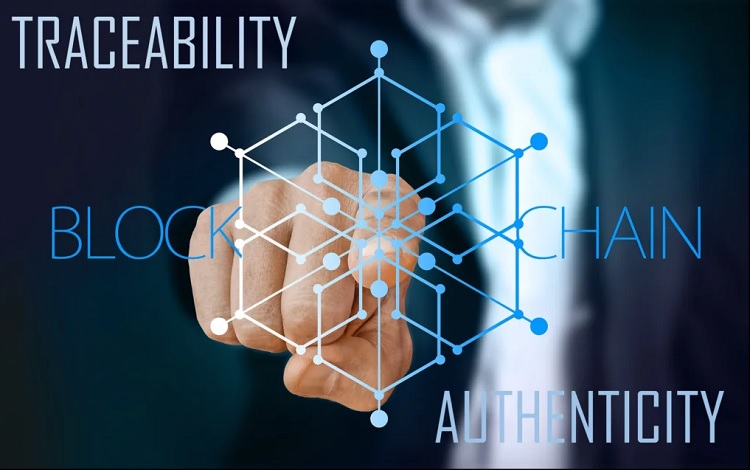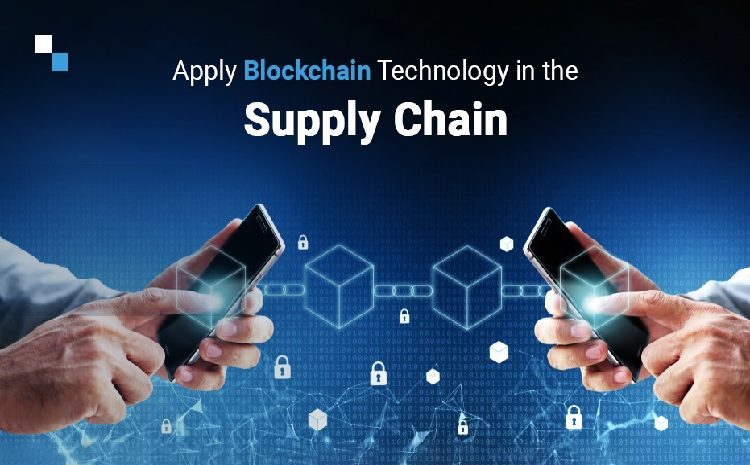The Role of Blockchain in Modern Supply Chain Management
In an era of rapid technological advancement and global trade, supply chain management has become an increasingly complex and vital part of businesses worldwide. Ensuring the efficient movement of goods, reducing costs, enhancing transparency, and minimizing risks are top priorities for supply chain professionals. In recent years, blockchain technology has emerged as a transformative solution that holds the potential to revolutionize modern supply chain management. This blog will delve into the role of blockchain in modern supply chain management, exploring how it works, its benefits, and the real-world applications that are reshaping the industry.
Understanding Blockchain in Supply Chain Management
Before we dive into the specific applications of blockchain in supply chain management, it’s essential to understand what blockchain technology is and how it works. Blockchain is a distributed ledger technology that enables the secure and transparent recording of transactions across multiple computers or nodes. The fundamental characteristics that make blockchain appealing for supply chain management include:

- Decentralization: Blockchain operates on a network of computers, eliminating the need for a central authority. This decentralization ensures transparency and trust among all participants in the supply chain.
- Immutability: Once data is recorded on the blockchain, it becomes virtually impossible to alter or delete it. This immutability ensures the integrity and reliability of the data.
- Transparency: Blockchain’s transparent nature allows all authorized participants to access the same information simultaneously. This shared view of the supply chain fosters trust and accountability.
- Security: Blockchain uses advanced encryption techniques to protect data from unauthorized access. This robust security feature is vital for securing sensitive supply chain data.
Benefits of Blockchain in Supply Chain Management
Blockchain technology brings several benefits to modern supply chain management:
- Enhanced Transparency: The real-time and transparent nature of blockchain enables all participants to view and verify transactions and data. This transparency helps prevent disputes, reduces fraud, and fosters trust among stakeholders.
- Reduced Errors: Manual data entry and reconciliation errors are common in traditional supply chains. Blockchain automates record-keeping and verification, minimizing human errors.
- Improved Traceability: Blockchain allows for end-to-end visibility, enabling supply chain professionals to trace the journey of products and raw materials from origin to destination. This feature is invaluable for quality control and recalls.
- Enhanced Security: Blockchain’s robust encryption and consensus mechanisms protect against unauthorized access and tampering of data, making it highly secure.
- Streamlined Processes: Smart contracts, which are self-executing contracts with predefined rules, automate various processes in the supply chain, reducing administrative overhead and delays.
- Cost Reduction: By reducing the need for intermediaries and automating processes, blockchain can lead to significant cost savings.
Applications of Blockchain in Modern Supply Chain Management
Blockchain technology is being adopted across various industries to enhance supply chain management. Here are some real-world applications:
- Food Traceability: The food industry uses blockchain to trace the origins of products. For instance, consumers can scan a QR code to learn about the source of their produce, ensuring safety and authenticity.
- Pharmaceuticals: In the pharmaceutical sector, blockchain helps verify the authenticity of drugs and ensures they are stored and transported at the correct conditions. This is crucial for quality control and combating counterfeit medications.
- Automotive Industry: Automakers use blockchain to track the origin and journey of vehicle components. This increases transparency and reduces the risk of using counterfeit or subpar parts.
- Fashion and Luxury Goods: Blockchain is used to verify the authenticity of high-end fashion and luxury items. By scanning a product’s tag or QR code, consumers can confirm its origin and history.
- Logistics and Shipping: Blockchain is implemented to streamline logistics and shipping processes, reducing paperwork and delays. It also provides visibility into the location and condition of shipped goods.
- Agriculture: In agriculture, blockchain helps monitor the journey of crops from farms to consumers, ensuring quality and safety standards are met.
- Minerals and Metals: The mining industry uses blockchain to verify the ethical and environmental standards of minerals and metals, enhancing transparency and responsible sourcing.
- Retail: Retailers utilize blockchain to confirm the authenticity of high-end products and streamline inventory management.

Challenges and Future Developments
While blockchain offers significant advantages for supply chain management, it’s not without its challenges. Scalability, integration with existing systems, and industry-wide adoption remain key issues. Nevertheless, the potential benefits of blockchain are driving ongoing developments, and we can expect to see increased use of this technology in the coming years.
Conclusion
Blockchain technology is transforming modern supply chain management by providing transparency, traceability, and enhanced security. From food traceability to pharmaceuticals, automotive components, and luxury goods, blockchain’s applications are wide-ranging. While challenges exist, the benefits are driving widespread adoption, and the role of blockchain in modern supply chain management is set to expand, creating more efficient, transparent, and secure supply chains in the future. As businesses continue to embrace this technology, the supply chain industry is on the cusp of a significant transformation.
Writer
S M ERASAD ALAM SHOHAN
Intern, Content Writing Department
Requin BD





2 Comments
truck scale installation Iraq
October 10, 2024
شركة Bwer هي أحد الموردين الرئيسيين لموازين الشاحنات ذات الجسور في العراق، حيث تقدم مجموعة كاملة من الحلول لقياس حمولة المركبات بدقة. وتغطي خدماتها كل جانب من جوانب موازين الشاحنات، من تركيب وصيانة موازين الشاحنات إلى المعايرة والإصلاح. تقدم شركة Bwer موازين شاحنات تجارية وموازين شاحنات صناعية وأنظمة موازين جسور محورية، مصممة لتلبية متطلبات التطبيقات الثقيلة. تتضمن موازين الشاحنات الإلكترونية وموازين الشاحنات الرقمية من شركة Bwer تقنية متقدمة، مما يضمن قياسات دقيقة وموثوقة. تم تصميم موازين الشاحنات الثقيلة الخاصة بهم للبيئات الوعرة، مما يجعلها مناسبة للصناعات مثل الخدمات اللوجستية والزراعة والبناء. سواء كنت تبحث عن موازين شاحنات للبيع أو الإيجار أو التأجير، توفر شركة Bwer خيارات مرنة لتناسب احتياجاتك، بما في ذلك أجزاء موازين الشاحنات والملحقات والبرامج لتحسين الأداء. بصفتها شركة مصنعة موثوقة لموازين الشاحنات، تقدم شركة Bwer خدمات معايرة موازين الشاحنات المعتمدة، مما يضمن الامتثال لمعايير الصناعة. تشمل خدماتها فحص موازين الشاحنات والشهادات وخدمات الإصلاح، مما يدعم موثوقية أنظمة موازين الشاحنات الخاصة بك على المدى الطويل. بفضل فريق من الخبراء، تضمن شركة Bwer تركيب وصيانة موازين الشاحنات بسلاسة، مما يحافظ على سير عملياتك بسلاسة. لمزيد من المعلومات حول أسعار موازين الشاحنات، وتكاليف التركيب، أو لمعرفة المزيد عن مجموعة موازين الشاحنات ذات الجسور وغيرها من المنتجات، تفضل بزيارة موقع شركة Bwer على الإنترنت على bwerpipes.com
noospheres
February 20, 2025
ccYnnNL5dIp